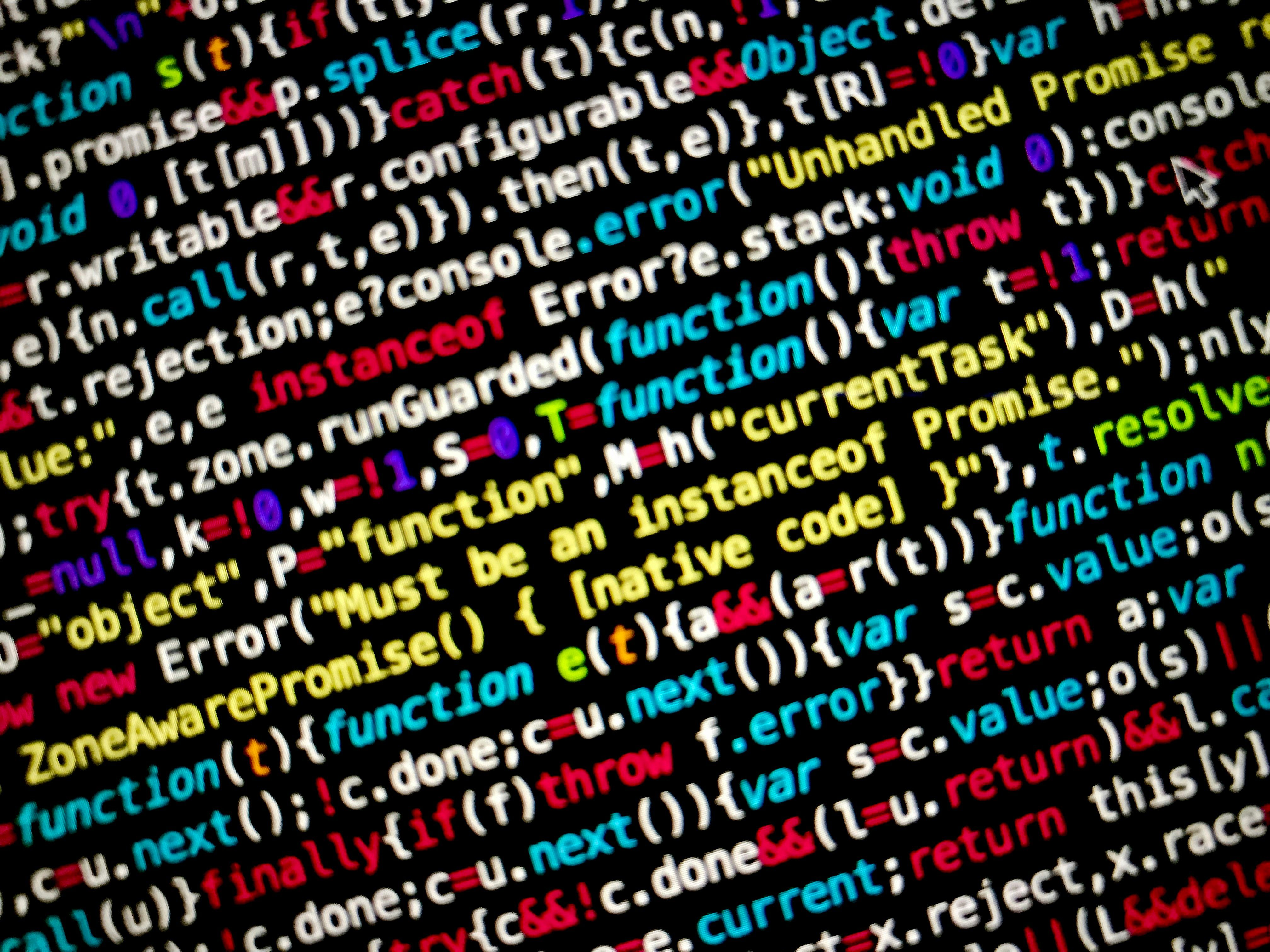Make Tax Season a Breeze: Effortlessly Manage Your Tax Documents
Streamlining Tax Statements Efficiently - A Stress-Free Experience
Are you tired of the tangle of papers every tax season? The issue: Disorganized receipts lead to unnecessary stress and confusion. Here's a guide to streamline the process.
Want to ease the burden of tax declaration? Keep your receipts in order throughout the year to avoid any last-minute scrambling before the deadline. This saves time, energy, and frustration.
Pro Tips
According to the Federation of Taxpayers, the tried-and-true method is to collect receipts in a physical folder, divided by categories. However, digital storage is becoming increasingly popular. Receipts can be scanned and stored in cloud storage services like Dropbox, Google Drive, or Microsoft OneDrive, or on a hard drive. Scanner apps can also be handy. If you use tax software, check if it has an integrated receipt manager.
Smart Organization: Your Time Saver
Whether you store receipts physically or digitally, pre-sorting can save you a ton of time later. For example, documents related to different income sources (salary, pension, rental income, etc.) should be kept together. Likewise, advertising costs (travel expenses, training costs, work materials, etc.) can be categorized.
For the "Special Expenses" section, receipts for donations, insurance premiums, or church taxes can be grouped. Under "Extraordinary Expenses," healthcare and care costs, and under "Household-Related Expenses," invoices for cleaning services, handyman costs, or gardening and repair services can be kept.
Give your digital receipts clear, descriptive names to identify them without opening them. Emails containing essential evidence can be saved in separate email folders.
Short Retention Period for Private Individuals
The good news: You don't have to attach receipts to your tax declaration anymore. They're only necessary for creating the tax return and should only be submitted upon request from the tax office.
Furthermore, private individuals are not obligated to maintain permanent tax records. "It's recommended to keep tax records for at least four years after submitting the tax return," says Daniela Karbe-Geßler, a member of the Federation of Taxpayers.
Stay Organized for Tax Success
Adopting efficient document management strategies like those mentioned above can significantly simplify the tax declaration process. Keep your documents safe, secure, and easily accessible, reducing stress and confusion come tax season.
Sources: ntv.de, Christoph Jaensch, dpa
- Tax Notice
- Income Tax
- Tax Office
- Tax Declaration
- Tax Tips
- Consumer
- Federation of Taxpayers
- Employee
Extra Insights:
- Cybersecurity Precautions: Implement cybersecurity measures like strong passwords and multi-factor authentication to secure digital documents from unauthorized access. Regularly backup digital documents to ensure data recovery in case of loss.
- Professional Guidance: If you have any questions about a document or want to maximize deductions, consult a financial advisor or tax professional for guidance.
- Retention Guidelines: Keep important tax documents (tax returns, W-2s, 1099s, etc.) for seven years. Discard pay stubs once you've received the corresponding W-2. Keep annual bank and investment statements indefinitely, but discard monthly and quarterly statements once the annual statements are available.
- To optimize your tax declaration process, consider adopting efficient document management strategies such as dividing receipts by categories, pre-sorting, and using cloud storage services or tax software with integrated receipt managers. This not only saves time and energy but also ensures a stress-free tax season.
- For those seeking professional advice on personal-finance matters like tax declaration, it is recommended to consult a financial advisor or tax professional, especially when questioning a document or aiming to maximize deductions. Additionally, implementing cybersecurity measures like strong passwords and multi-factor authentication can help safeguard digital documents from unauthorized access.





